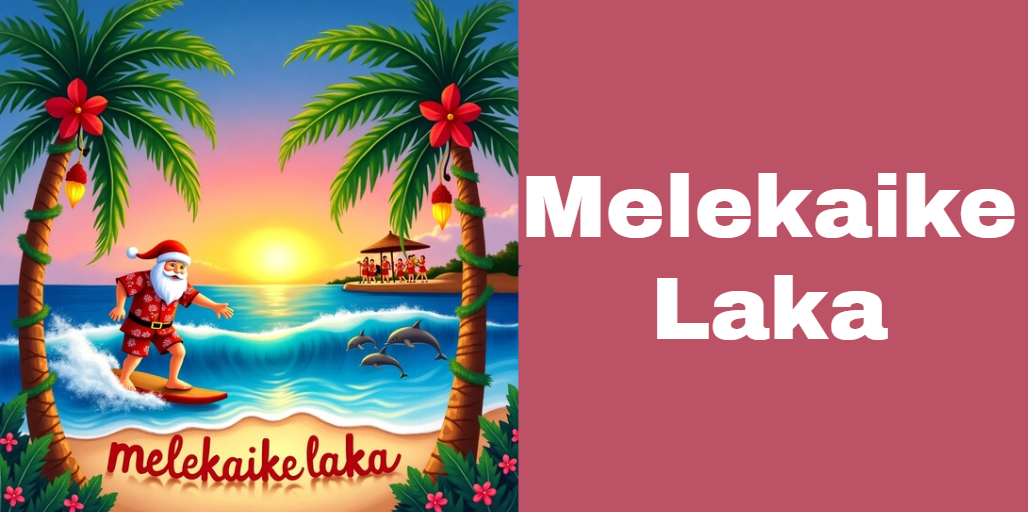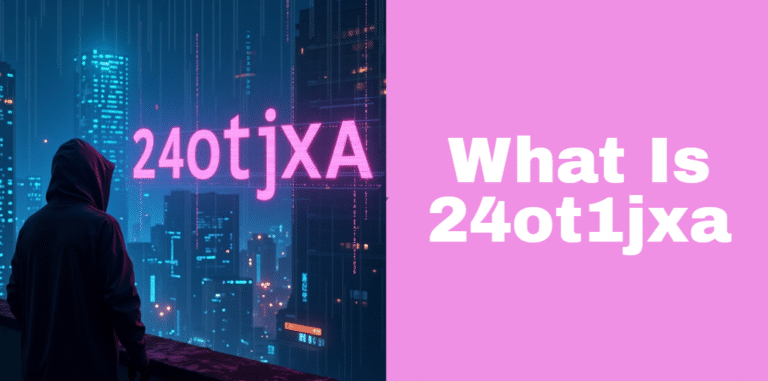Melekaike Laka: Meaning, History, Cultural Roots & Hawaiian Holiday Charm
“Melekaike laka” may sound like a whimsical holiday phrase—and that’s because it is! This charming variation stems from the well-known Hawaiian greeting “Mele Kalikimaka,” which is a phonetic rendition of “Merry Christmas.”
Though not a standard Hawaiian phrase, “melekaike laka” is often embraced in informal holiday settings for its festive and lighthearted twist. In this article, we’ll explore the origins of this unique expression, the culture and linguistics behind it, and how it continues to bring cheer to celebrations around the world.
Origins and Etymology
The phrase “Mele Kalikimaka” emerged from the Hawaiian language’s phonetic system, which lacks certain consonants like R and S. When English-speaking missionaries arrived in Hawaii in the early 19th century, Hawaiian speakers adapted foreign words to fit their native sound system. As a result, “Merry Christmas” became “Mele Kalikimaka.”
The term “melekaike laka” appears to be a playful or artistic variation of this holiday greeting. While not officially documented in linguistic texts, it mirrors the same phonetic creativity. It reflects the joyful freedom of expression often found in modern holiday art, social media captions, and community festivals. Such reinterpretations keep language fun, evolving, and tied to cultural celebration.
The Song “Mele Kalikimaka”
No discussion of Hawaiian Christmas greetings is complete without highlighting the iconic song “Mele Kalikimaka.” Written in 1949 by R. Alex Anderson, the song became globally popular after being recorded by Bing Crosby and The Andrews Sisters in 1950. It has since become a staple of tropical holiday playlists.
Over the years, the song has been covered by several artists, including:
- Jimmy Buffett
- The Beach Boys
- Don Ho
- Kacey Musgraves
- Seth MacFarlane
“Mele Kalikimaka” paints a picture of Christmas in paradise—swapping snow for sandy beaches and sleigh bells for ukuleles. It’s likely that creative variations like “melekaike laka” have emerged as joyful extensions of this musical influence, especially in modern pop culture.
Linguistic Insights
The Hawaiian language has a simple phonetic structure, using only eight consonants (H, K, L, M, N, P, W, ʻ) and five vowels (A, E, I, O, U). Because of this, words from other languages are often transformed significantly to match these sounds.
For example, consider these English-to-Hawaiian phonetic adaptations:
| English Word | Hawaiian Equivalent |
|---|---|
| Merry Christmas | Mele Kalikimaka |
| Telephone | Kelepona |
| School | Kula |
| Bible | Baibala |
In “Mele Kalikimaka,” the R in “Merry” becomes L, and the S in “Christmas” becomes K, since those sounds do not exist in Hawaiian. “Melekaike laka,” while not formally recognized, follows similar phonetic rules—making it feel naturally Hawaiian, even in its creative liberty.
Cultural Context and Holiday Traditions in Hawaii
Hawaii has a vibrant and unique way of celebrating Christmas. The holiday was first introduced in the early 1800s by missionaries. Over time, it blended beautifully with native customs and the island’s tropical lifestyle.
Some features of Hawaiian Christmas traditions include:
- Decorating palm trees with lights instead of pine trees.
- Singing carols with ukuleles and slack-key guitars.
- Enjoying outdoor luaus instead of sitting by a fireplace.
- Santa Claus arriving in a canoe or outrigger rather than a sleigh.
The phrase “melekaike laka,” while not traditional, often appears in handmade greeting cards, novelty merchandise, and festive signage that taps into this Hawaiian holiday spirit. It brings smiles by playing with familiar sounds in a culturally resonant way.
Variant Phrase: “Melekaike Laka”
While “Mele Kalikimaka” is the formally recognized Hawaiian version of “Merry Christmas,” “melekaike laka” serves as a modern, playful twist. It reflects a sense of fun and creativity often found in Hawaiian pop art and holiday crafts. You might spot it on T-shirts, beach ornaments, or even as hashtags on social media.
This variation isn’t about linguistic precision—it’s about capturing the joyful energy of the season with a sound that feels distinctly Hawaiian. It doesn’t violate any phonetic rules of the language, and that’s part of what makes it so charming.
Modern Significance and Perspectives
The use of Hawaiian-style greetings during the holidays raises interesting conversations about cultural appreciation and authenticity. Some scholars and Native Hawaiian speakers point out that while “Mele Kalikimaka” is widely accepted, it’s still a Western imposition on the native language. Phrases like “melekaike laka” may amplify this concern when used carelessly or commercially.
However, others argue that such expressions promote the Hawaiian language in a global context—helping to keep it alive in modern memory. Many Native Hawaiian educators focus on language revival and may prefer more accurate or culturally meaningful phrases like:
| English Greeting | Hawaiian Suggestion |
|---|---|
| Merry Christmas | Hauʻoli Lā Kalikimaka |
| Happy Holidays | Hauʻoli ʻAhaʻaina |
| Season’s Greetings | Nānā i ka ʻuhane o ka wā |
Whether one chooses “Mele Kalikimaka,” “melekaike laka,” or another expression, it’s vital to understand the cultural roots and use them with respect.
Glossary of Hawaiian Holiday Terms
To better understand the nuances of Hawaiian festive language, here’s a short glossary:
| Hawaiian Term | Meaning |
|---|---|
| Mele | Song or chant |
| Kalikimaka | Christmas |
| Hauʻoli | Happy |
| ʻAhaʻaina | Gathering, feast |
| Makahiki | Traditional harvest festival |
| Aloha | Love, peace, hello/goodbye |
These words reflect the deeper layers of meaning and tradition embedded in Hawaiian celebrations.
Conclusion
In the end, “melekaike laka” is more than just a fun phrase—it’s a symbol of holiday cheer wrapped in the warmth of Hawaiian expression. Though it may not be officially recognized, its joyful tone, phonetic playfulness, and cultural spirit make it a beloved addition to seasonal celebrations.
By understanding its roots, comparing it with its predecessor “Mele Kalikimaka,” and using it with cultural sensitivity, we can all share in the festive aloha spirit. Whether on the beach or around a tropical Christmas tree, “melekaike laka” reminds us that joy, like language, is always evolving—and always worth sharing.
Additional Posts
RT69264 Hook Rack – Detailed Guide to Features, Installation and Benefits
Discover www Free Worlderorg – A Complete Guide to Ethical Travel & Cultural Exchange
Brid.gg CCTP Ready to Finalize: The Future of Cross-Chain Crypto Transfers Explained
Understanding Monaco Zirawa Insurance: Comprehensive Guide to Coverage, Benefits and Process






